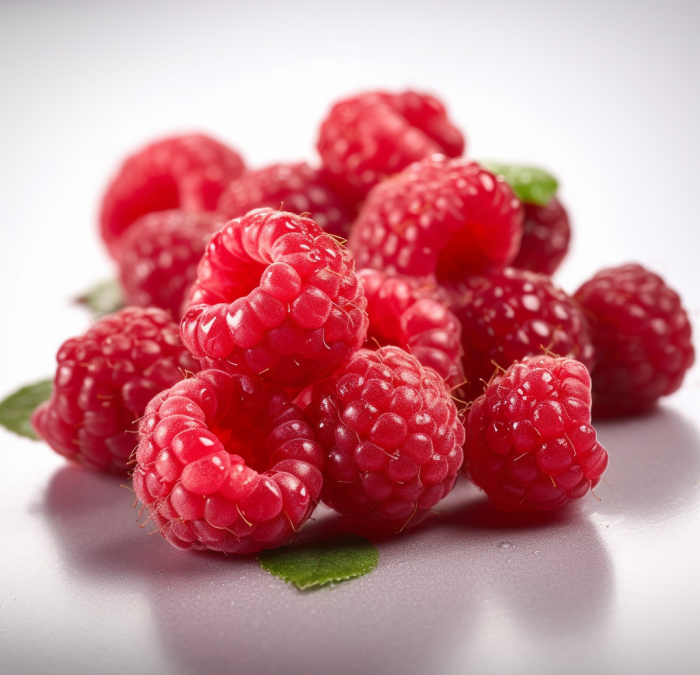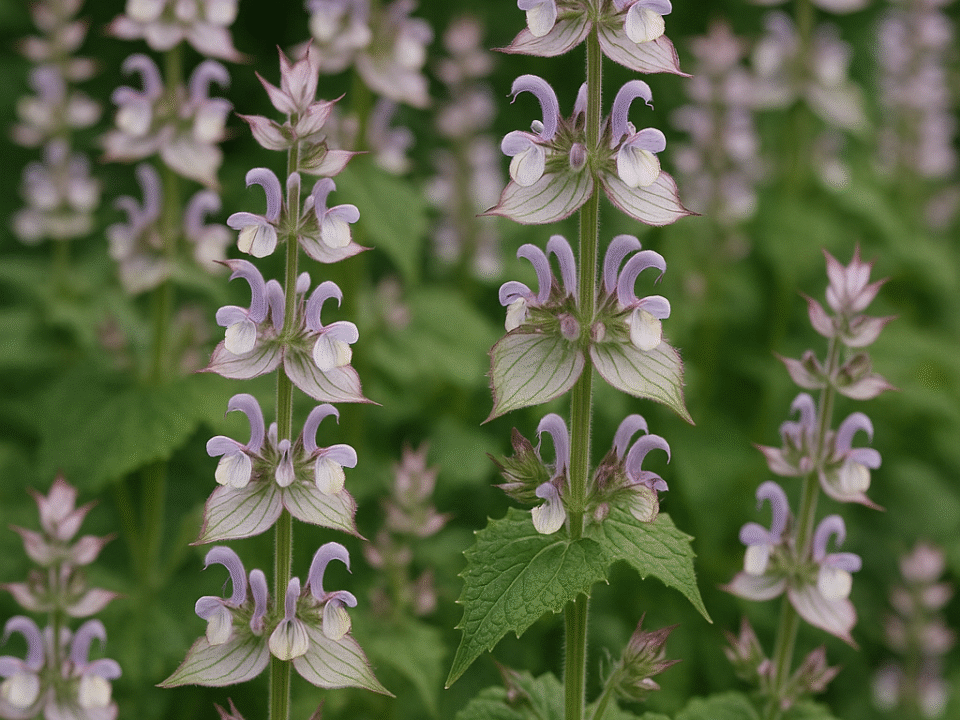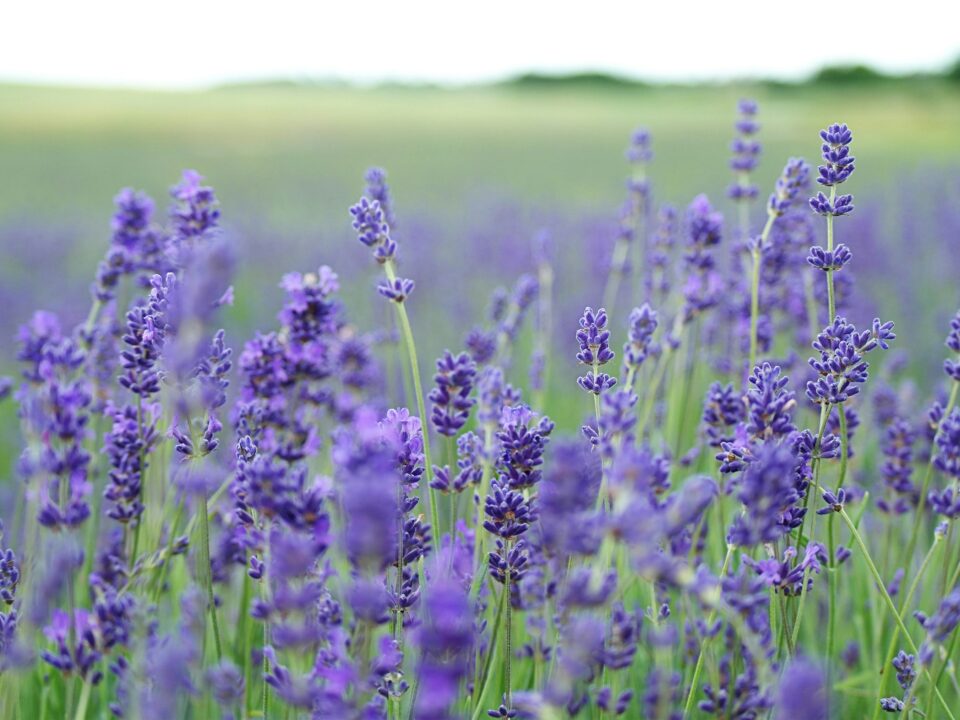
Resveratrol is a stilbenoid, a type of natural phenol or polyphenol and a phytoalexin produced by several plants in response to injury or pathogen attacks, such as bacteria or fungi. This compound is found in the skin of grapes, blueberries, raspberries, mulberries, and peanuts. The first mention of resveratrol appeared in a Japanese article in 1939 by Michio Takaoka, who isolated it from Veratrum album, variety grandiflorum, and later from the roots of Japanese knotweed in 1963. In 2004, Harvard University professor David Sinclair co-founded Sirtris Pharmaceuticals, which initially marketed a resveratrol formulation.
Resveratrol is a naturally occurring antioxidant found in the skin of grapes, peanuts, berries, and even dark chocolate. It is available in various forms, including powder, pill, or liquid, and is a common ingredient in skincare products such as serums, creams, moisturizers, and supplements. As part of a group of compounds known as polyphenols, resveratrol provides antioxidant protection to the skin. These polyphenols act as key antioxidants, mobilizing defences to protect cells against damage that leads to cellular aging.
When applied topically, resveratrol’s primary function is to protect the skin’s surface. However, it also offers several additional benefits. Resveratrol can interrupt negative environmental influences and protect the skin from UV damage. As the skin is the body’s largest organ and the first line of defence against harmful microorganisms, using an antioxidant like resveratrol helps boost the skin’s natural barriers, making it look and feel smoother and healthier.
Resveratrol works on a cellular level to fight the aging process by stimulating healthy cell proliferation. It forms complex molecules with certain metal ions, inactivating their ability to form free radicals, thereby improving cellular function and supporting fibroblasts, along with the creation of healthy collagen. This combination makes resveratrol highly effective in combating the damaging effects of free radicals that lead to skin aging.
Additionally, resveratrol contains skin-calming properties that help minimize redness and inflammation. It brightens and evens skin tone and overall texture, while also hydrating the skin to prevent dryness. For optimal benefits, resveratrol should be applied as part of a nighttime skin routine. Quality sleep is critical for healthy-looking skin, and antioxidants like resveratrol capitalize on the heightened nighttime repair function to maximize antioxidant production within skin cells. This process also triggers fibroblast cells to produce more collagen.
The application step for resveratrol in a skincare routine depends on the type of product being used. For serums, it should be applied after cleansing, or after toner if one is used. If using resveratrol in a moisturizer, it should be applied right after cleansing and toning, twice daily, in the morning and evening.
In summary, resveratrol is a powerful antioxidant with multiple benefits for skin health, including protection against environmental damage, anti-aging properties, reduction of redness, evening of skin tone, and hydration. Incorporating resveratrol into a skincare routine can significantly enhance skin’s appearance and resilience, contributing to a smoother, healthier, and more youthful complexion.



